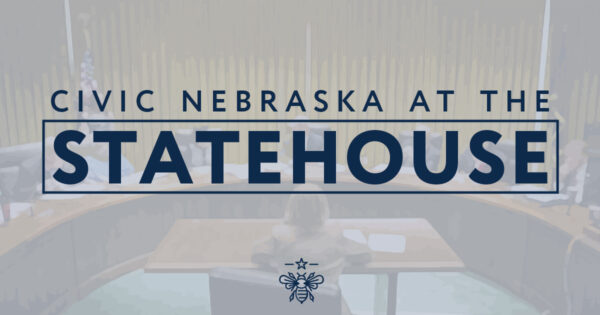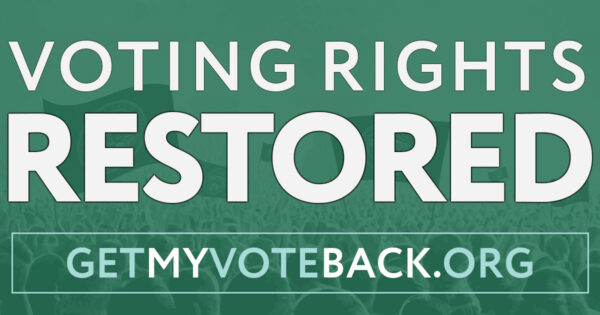
I’m here in support of Sen. Vargas’ LB1371. Given the proliferation of exposure to online content throughout the average person’s day, the spread of misinformation and disinformation poses a significant threat to our society. False narratives and propaganda can easily sway public opinion, sow division, and undermine trust in reputable sources of information.
Media literacy education provides students with the skills to recognize these tactics, identify credible sources, and differentiate between reliable information and falsehoods. In doing so, we not only safeguard democracy but also foster a more informed and engaged citizenry.
Media literacy is not merely about consuming media, but also about creating it. In an age where anyone with an internet connection can be a content creator, students need to understand the ethical responsibilities and implications of their online presence. By teaching them to critically evaluate media messages and consider their impact, we empower them to use their platforms responsibly and ethically, promoting positive discourse and constructive dialogue.
If young people are to grow to become an informed citizenry capable of making good decisions for themselves, their families, and their communities, they must be able to determine fact from fiction. They need to have an understanding of how and why they might be manipulated or misled. So this bill is about ensuring that the focus on media literacy in schools matches the challenges ahead of us and that young people are learning critical thinking skills and having them reinforced to the degree that they can recognize the increasingly more sophisticated tools used by bad actors, marketers, and foreign governments.
By weaving media literacy throughout the K-12 curriculum, we empower students to question what they see, discern fact from fiction, and make informed decisions about the content they consume. The need for media literacy transcends partisan divides. Regardless of political affiliation, we can all agree on the importance of preserving the integrity of our democratic institutions and ensuring that our citizens are equipped to navigate the complexities of the digital age. I urge you to consider the critical role that media literacy education plays in safeguarding our democracy.
By implementing comprehensive media literacy programs in our schools, we can empower our citizens to become active participants in our democracy, fortify the foundations of our society, and ensure that the promise of democracy endures for future generations.




